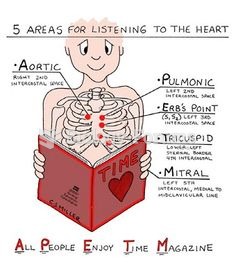In a study of patients who had a heart attack, 3630 patients were randomly assigned to receive one of three treatments: aspirin alone, warfarin alone, or aspirin plus warfarin. The results showed that 20.0 of the aspirin group had another heart attack, stroke, or died, compared with 16.7 of the warfarin group and 15.0 of the aspirin plus warfarin group. The difference between the aspirin and warfarin groups was statistically significant, while the difference between the warfarin and aspirin plus warfarin group was not statistically significant. The statistically significant difference between the aspirin group (20.0) and the warfarin group (16.7) means that
a. the difference between the two rates, 20.0 and 16.7, is unlikely to have resulted from two groups whose true rates of heart attack, stroke, or death were identical.
b. the difference between the two rates, 20.0 and 16.7, is likely to have resulted from two groups whose true rates were identical.
c. the difference between the two rates, 20.0 and 16.7, is likely to have resulted from the difference in sample sizes between the two groups.
d. the difference in the two rates, 20.0 and 16.7, is likely to have resulted from other factors, such as age and gender, on which the two groups differed.
Question 2
In a study of advanced colorectal cancer, 100 patients were randomly assigned to receive either a high dose of Vitamin C or placebo. The study concluded that Vitamin C was not effective in the treatment of advanced colorectal cancer because none of the patients with disease showed any improvement in the two groups. The cause and effect conclusion
a. might be justified because randomization was used.
b. cannot be justified because anecdotal evidence from other patients not in the study, shows that some people who take Vitamin C do recover from their disease.
c. cannot be justified because there could have been other systematic differences between the two treatment groups, such as age and gender, so that the two groups cannot be compared to each other.
d. could be justified because the sample size was fairly large (100 patients).







